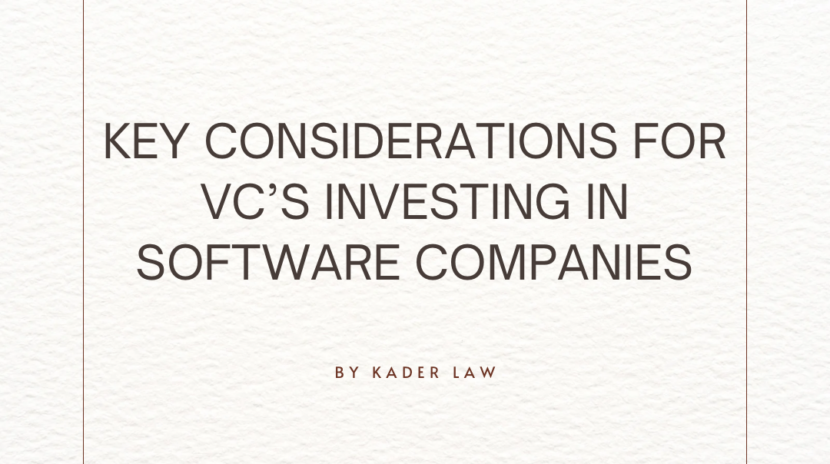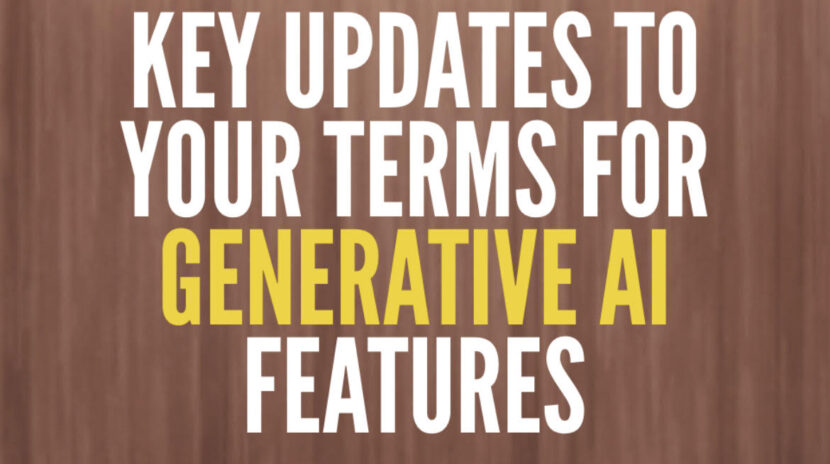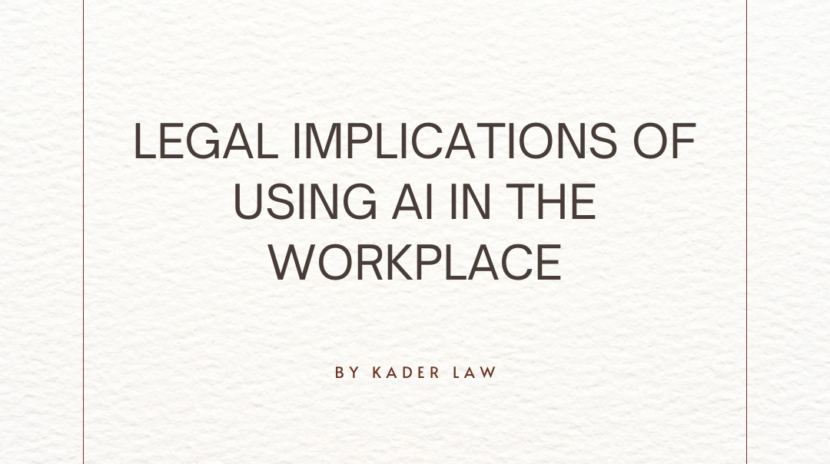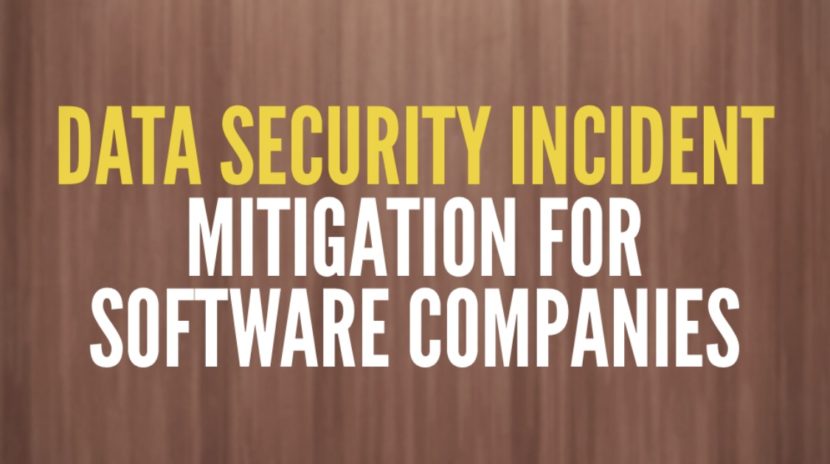Software companies can be great investments, but the process requires careful legal consideration to ensure that the investment is safe. Venture capitalists (VCs) must consider several legal aspects and this post will give a high level overview of key legal considerations every VC should evaluate when investing in a software company.









